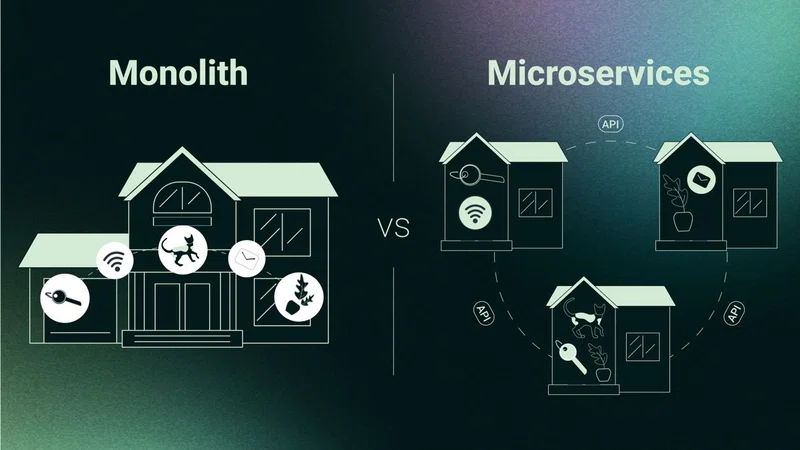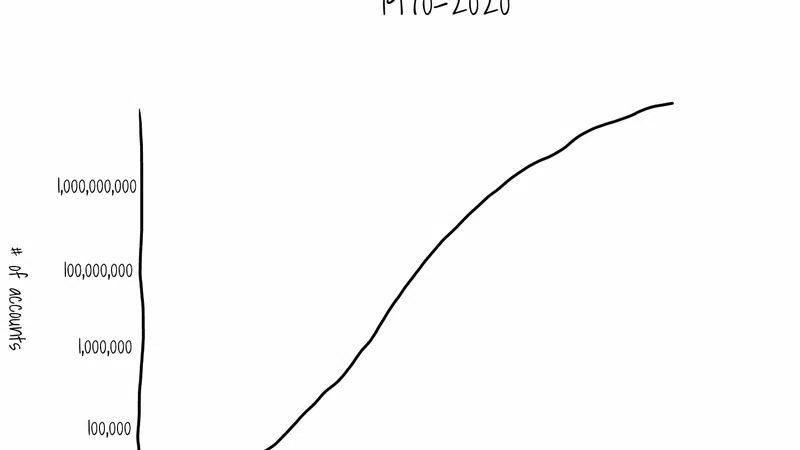Since launching four years ago, Open Banking in the UK has been progressively gaining momentum. As of this year, there are now over 7 billion active users of Open Banking-enabled products in the UK providing consumers and businesses with innovative products to help them make payments more efficiently and effectively.
Variable Recurring Payments (VRPs) are one way for billers and merchants to collect money due, seamlessly and automatically with minimal administrative burden. As it stands in the UK, VRPs are restricted to payments between accounts belonging to the same person, such as between a current account and a savings account (referred to as ‘sweeping’ VRPs).
There is no agreed industry framework for non-sweeping use cases. The good news is that there are alternative solutions available today, that businesses can leverage using Open Banking.
Payment solutions already on the market
Recurring payments allow a merchant or service provider to make regularly scheduled charges. The most common examples of recurring payments are Standing Orders and Direct Debits. For Direct Debits, the customer’s consent to their account being debited must be secured – this is referred to as the mandate.
While these solutions are common and relatively cost-effective, there are several hurdles to overcome. These include:
- Difficulty sourcing bank account details when setting up a Direct Debit, leading to cart abandonment, and possibly the customer switching to a more expensive recurring payment method
- Manual errors when setting up Direct Debits which lead to payments being rejected on the day of execution and subsequent delays
- Payments being missed, which can lead to interest charges, a loss of service to the buyer, and imposes a heavy administration burden on the biller
We believe all businesses should be actively considering how Open Banking can help them overcome these hurdles.
Empowering enterprises with Open Banking VRP solutions
Open Banking powered Direct Debits solve many of the hurdles associated with traditional recurring payments. Customers' bank details for example are automatically collected via API and used to help them sign the mandate. This is known as an authenticated mandate and provides a frictionless customer experience that does not require manual data entry and eliminates human error.
Examples of non-sweeping VRP use cases are paying recurring bills (utilities, insurance, etc.), monthly membership fees, media subscriptions, household taxes, etc. As a digital first approach, adopting VRPs saves time, reduces paperwork and the risk of manual error. Furthermore, customers benefit from greater control over their finances, as they can set maximum payment amounts and make instant payment cancellations.
Our customers have reduced their failed direct debits by 17% on average since using our authenticated mandate product (excluding rejections for insufficient funds).
While Direct Debits have fast become an essential component of the payments landscape, organisations can be greatly impacted if they fail. It takes time to fix problems with Direct Debit transactions, and if the activity is fraudulent, even longer.
Furthermore, Research has shown nearly three quarters (71%) of businesses admit failed Direct Debit transactions damage customer and employee relations; 36% said they result in a higher business cost to secure revenue and 35% of businesses admit to losing revenue as customers move to a competitor.
Ultimately, we still have a way to go in further developing non-sweeping VRP APIs to an agreed industry framework. Until then, there are alternative solutions powered by Open Banking that can facilitate such payments, increasing revenues, lowering costs and reducing friction in the customer experience. Why not reap the benefits now?










